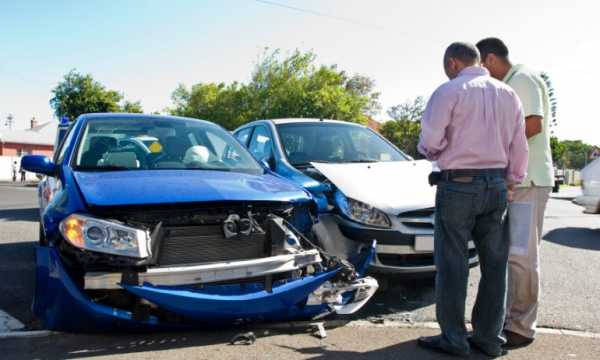Imagine you’re in your car, belting out your favourite tune when boom! You had an accident out of the blue. Although we hope you never experience it, let’s be realistic. It’s best to be ready because accidents might happen at any time. That is why we offer clear, complete guidance on the steps after a car accident. Our goal is to help you manage your stressful circumstances without adding jargon. Whether it’s a minor scratch on your bumper or a more serious collision, this guide covers it all. So, buckle up, and let’s take this journey together, ensuring you’re ready if the unexpected happens.

6 Steps to Take After a Car Accident
Each day, there are an increasing number of traffic collisions. To keep calm and in charge, you can benefit from being aware of what to do next following an accident. We’ve worked with Smith’s Lawyers to help you understand the best steps to take after a car accident. Follow these six steps:
1. Stay Calm and Check for Injuries
The first step is always to remain calm and evaluate the circumstances. Examine yourself, your passengers, and anyone else involved in the collision for any injuries or medical emergencies.
Before carrying out any other actions at the accident scene, it is crucial that you complete this. Additionally, keep in mind to always maintain a safe distance from the cars and to look out for potential dangers like smoke or fluid leaks.
2. Seek Medical Attention
Call emergency services right away if you or anybody else from the collision exhibits any signs of injuries. Ask for assistance without being embarrassed; medical care should come before anything else.
Furthermore, it is advisable to have a medical evaluation as soon as possible, even if there are no obvious indicators of harm. It is crucial to document any injuries in case insurance companies or the police require proof later on.
3. Report It To The Police Immediately
If there are obvious physical injuries, the accident must be recorded. You and other drivers will be asked for information by the police, including your name, address, and vehicle identification number.
The police record should be obtained as quickly as you can because it may be useful if any further legal difficulties occur. You can keep things organised and, if necessary, provide evidence for your claims by doing this.
4. Exchange Information With Other Drivers Involved
Exchanging relevant information with the other drivers involved is a crucial step. All parties’ contact and insurance information, along with the brand and model of their vehicles, should be exchanged.
To avoid any misconceptions or legal concerns in the future, it is equally critical to identify the accident’s true cause. It is usually advisable to document the damage to both vehicles with photos and videos, as they can be used as proof in the event of a lawsuit.
5. Seek Legal Help: Experienced Lawyer
It is a wise move to get legal guidance from an experienced lawyer after a car crash. An attorney will be able to help with the claim filing procedure and offer wise counsel on what to do next.
It is crucial to have a tenacious advocate who is knowledgeable about the law on your side if you want to collect reasonable compensation for medical costs, missed wages, and all other damages brought on by the accident.
6. File a Personal Injury Claim
A personal injury claim may need to be made if you or another person is hurt in a car accident. In this claim, damages are sought for hospital costs and lost wages brought on by collision-related injuries.
Keep all pertinent documents, including hospital bills and other details relating to the auto accident, in one location at all times. Written crash details and car photos can be used in court as evidence. This way, your lawyer can build a strong case and help you receive the compensation you deserve.
Final Thoughts
Overall, navigating the aftermath of a car accident can be difficult, but following the steps outlined in this guide can aid in making the process less daunting.
Remember to ensure everyone’s safety, then exchange information with any other drivers involved and document the accident scene.
Seeking legal guidance can provide an essential support system, especially when filing a personal injury claim. Keep all relevant documents and evidence at hand, as they will be vital tools in your pursuit of fair compensation.
Don’t let a car accident overwhelm you. Equip yourself with knowledge, stay calm, and remember that help is available.
If you found this guide helpful, please let us know in the comment section below. We’d appreciate your feedback. Good luck!

